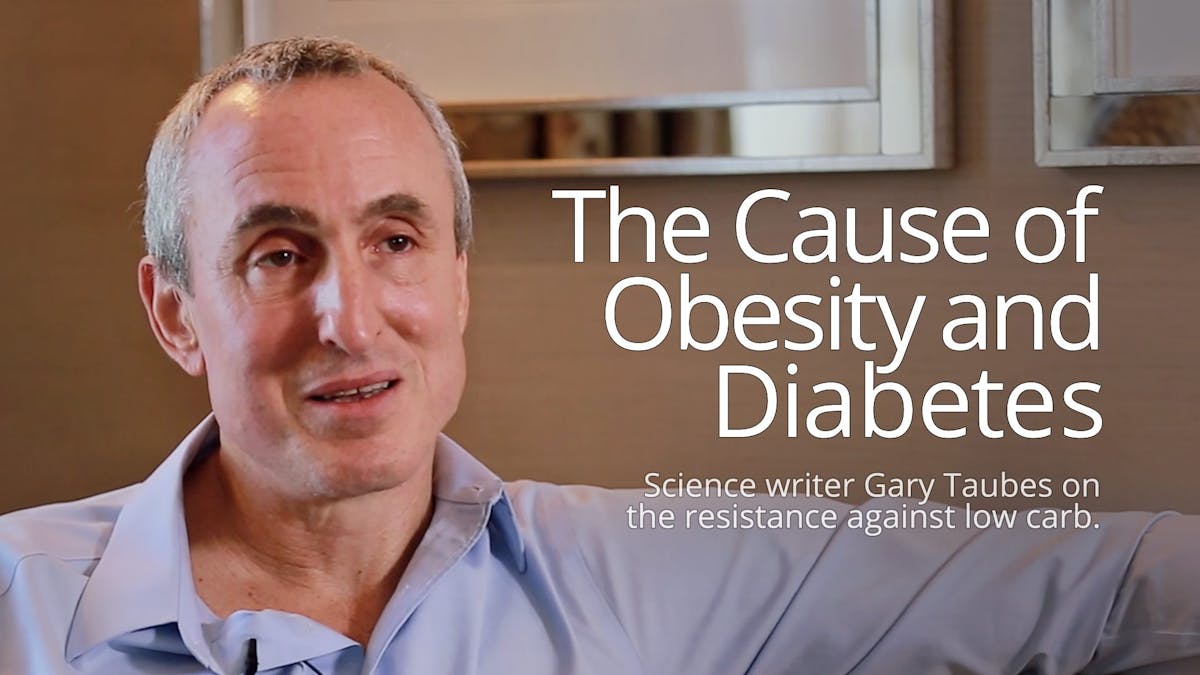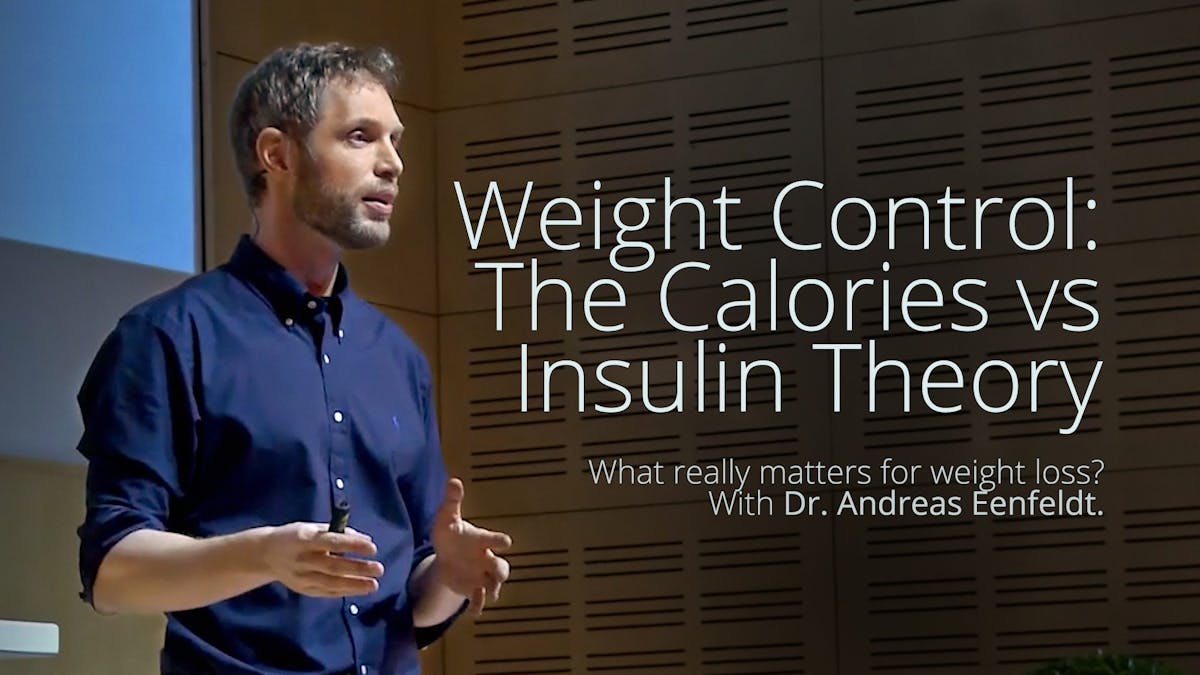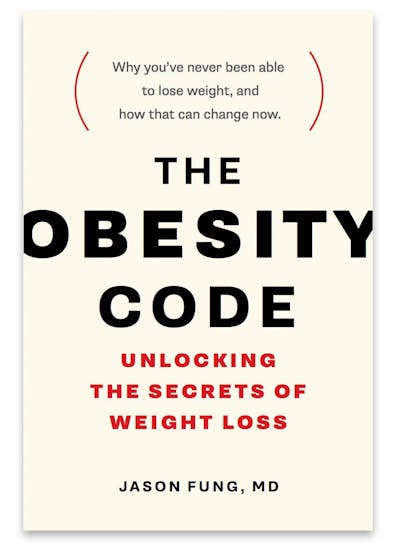The Biggest Loser FAIL and that ketogenic study success

This week, splashed all over the New York Times, was an article about a paper written by Kevin Hall, a senior researcher at the National Institutes of Health. It was published in Obesity and titled “Persistent metabolic adaptation 6 years after ‘The Biggest Loser competition“. This generated a lot of hand-wringing about the futility of weight loss.
NYT: After ‘The Biggest Loser,’ Their Bodies Fought to Regain Weight
The study, along with another study presented by Kevin Hall seemed to generate more anxiety about the insulin hypothesis being dead. Of course, both these studies fit in perfectly with the hormonal view of obesity and reinforces once again the futility of following the Caloric Reduction as Primary approach. You could review my 50ish part series on Hormonal Obesity if you want a more in-depth view.
So, let’s dive in an explain the findings of both of Dr. Hall’s excellent papers. His conclusions, well, let’s just say I don’t agree with them. The studies, though, were very well done.
The Biggest Loser
Let’s start with the first paper about the Biggest Loser. Essentially, what it did was follow 14 of the 16 Biggest Loser contestants. At the end of the show, they had all lost significant amounts of weight following a Eat Less, Move More approach. Contestants eat about 1000 – 1200 calories per day and exercise like mad people.
What the study showed is that basal metabolism drops like a piano out of the Empire State building. It plummets. They are burning about 800 calories less per day than previously. The new paper shows that this metabolic rate does not recover even 6 years later.
In other words, if you reduce your ‘Calories In’, your ‘Calories Out’ will automatically drop. This makes sense. If your body normally eats 2000 calories per day and burns 2000, then what happens when you only eat 1200 calories? Let’s use the Socratic method and ask a related question.
If you normally earn $100,000 per year and spend $100,000, what happens when your income drops to $50,000? Well, you are not stupid and don’t want to end up in debtor’s jail, so your spending drops to $50,000. Well, our body is not stupid either. If we are eating 1200 calories, we automatically adjust by burning 1200 calories. The body does not want to die, and neither do I. Why would we assume the body still burns 2000 calories? It’s just not that stupid.
So, while we all obsess about reducing ‘Calories In’, it is actually virtually irrelevant for long term weight loss. It’s only ‘Calories Out’ that is important. If you can keep ‘Calories Out’ high, then you have a chance to lose weight. But Caloric Reduction as Primary (neatly abbreviated as CRaP), absolutely will not do it for you. This method is practically guaranteed to fail. This weight-loss method, in the literature, has a 99% failure rate. In this study, 13 of 14 Biggest Loser contestants failed – a 93% failure rate. Pretty much expected.
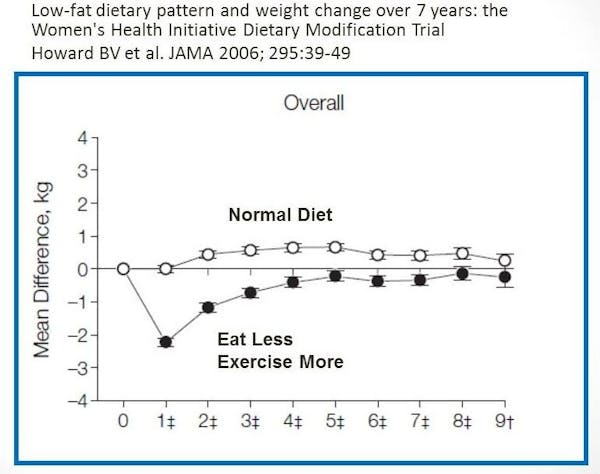


That reducing calories causes basal metabolism to plummet was already proven long ago in the 1950s by nutritional history’s favorite whipping boy, Dr. Ancel Key. His famous Minnesota Starvation Study was not actually a study about starvation. Subjects were put on roughly 1500 calories per day diet. This represented about a 30% reduction from their previous diet. They were also forced to walk about 20 miles per week. So, this was a Biggest Loser approach – Eat Less, Move More on steroids. What happened to their basal metabolism? They ate about 30% less, and their basal metabolism dropped about 30%. They felt cold, tired, hungry. As they ate, all their weight came right back.
This is what is sometimes termed ‘starvation mode’. This is what people imagine happens as their body starts to shut down in order to conserve energy. Basal metabolism (Calories Out) falls and you feel like crap. As you eat less, your body burns less calories, so that eventually weight loss plateaus. Then you feel like crap, so decide to eat a bit more (your hunger hormones are also rising like a spire), but not as much as you used to. But, your ‘Calories Out’ is so low that you get weight regain. Sound familiar? Happens to just about every dieter out there. What’s unfair is that their friends and family silently blame the victim of having ‘fallen off the wagon’, or not having enough will power. Actually, the dietary advice – Eat Less, Move More is the culprit. Blame it, not the victim.
So here’s what we’ve learned so far.
- Cutting calories puts you into starvation mode.
- The key to losing weight in the long term is maintaining basal metabolism, or keeping ‘Calories Out’ high.
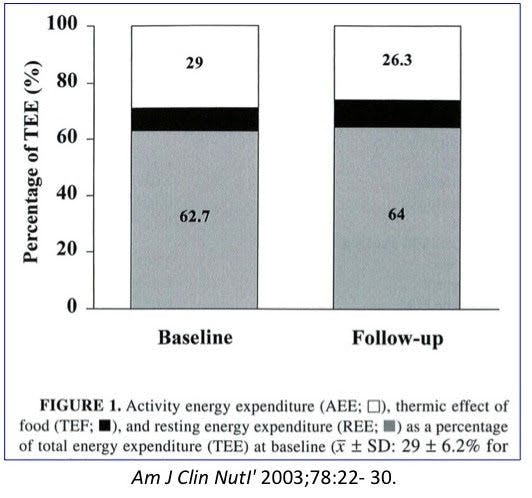


So, what happens with bariatric surgery? This is also called stomach stapling. Because the stomach is the size of a walnut, people cannot eat. Their caloric intakes falls very close to zero. Fasting is the same except it is voluntary reduction of calories towards zero. What happens to basal metabolism? It is maintained! One of the Biggest Loser contestants in fact, did have bariatric surgery. What’s telling is that his metabolic rate started to go back up!
Let’s think about what is happening here (you may also want to refer to my 26ish post series on fasting). As you fast, there are a number of hormonal changes that do NOT happen with simple caloric reduction. Your body senses that you are getting no food. Growth hormone surges. Noradrenalin surges. Insulin drops. These are so called counter-regulatory hormones that are natural reactions to fasting. They keep blood glucose normal. Growth hormones maintain lean mass. Noradrenalin keeps basal metabolism high.
Studies of bariatric surgery show the same thing. Resting energy expenditure (calories out) is maintained despite severely restricted calories.
In 4 days of fasting, basal metabolism did not drop – instead, it is increased by 12%. Exercise capacity (measured by the VO2) is also maintained.
Let’s think about what is happening here. Imagine we are cavemen. It’s winter. We’ve eaten nothing for the past 4 days except for some yellow snow (ahh dang it…). If our bodies go into ‘starvation mode’, then we would be lethargic, tired, and cold. We would have no energy to go out and get food. Every day gets worse. Eventually we die. Nice. Why do we think our bodies are that stupid? I don’t want to die.
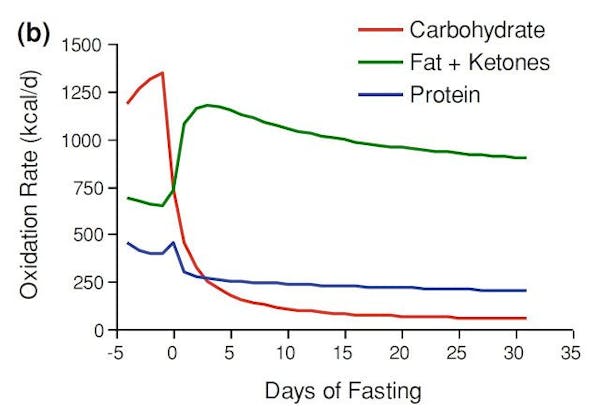


There is no ‘starvation mode’ with actual starvation. As long as your body fat stays about 4%, you are fine. But don’t you burn protein? No, here’s what happens according to Dr. Hall’s own study of fasting.
You stop burning sugar (carbohydrates) and switch over to burning fat. Oh, hey, good news – there’s plenty of fat stored here. Burn, baby, burn.
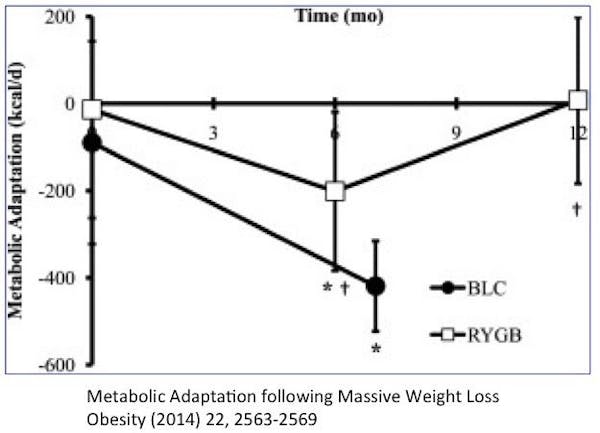


But look at the RYGB (Roux-en-Y bypass or bariatric) group. Their metabolic rate slows and then recovers. And that’s the difference between long-term weight loss, and a lifetime of despair.
The ketogenic diet study
In a related poster, Hall presents data on the ketogenic diet. He measured fat loss on patients in his metabolic ward. He used either a regular diet or a ketogenic (very low carbohydrate diet). He showed that the ketogenic diet lowered insulin levels, people burned fat (measured by fat oxidation) and people lost more weight. Great.
However, his fancy measurements of body fat also showed that the rate of body fat loss slowed down. So he said that this ‘proved’ that there is no metabolic advantage to ketogenic diets.
Nonsense. I have my doubts whether this DXA scan can actually detect the fractions of pounds of fat lost. Anyway, the main point is that people lost weight and were still losing fat. However, what he mentions in passing is far more interesting. He notes that the ketogenic diet did not produce any slowing of the metabolism.
That’s the gold medal, buddy!
Over 25 days or so, there is no slowing of metabolism??? That’s the most important part of long-term weight loss! That’s the knife edge between success and failure. The difference between tears of joy and tears of sorrow. In the Biggest Loser, contestants had dropped their basal metabolic rate by 500 calories per day. In the ketogenic diet, they are still burning the same amount – EVEN AS THEY ARE LOSING WEIGHT.
So, let’s recap:
- Cutting calories puts you into starvation mode.
- The key to losing weight in the long run is maintaining basal metabolism, or keeping ‘Calories Out’ high.
- Failure rate of Eat Less, Move More is around 99%. This remains the diet advice favored by most physicians and dieticians.
- Starvation (fasting or bariatric surgery) does not put you into starvation mode.
- Ketogenic diets do not put you into starvation mode.
More
For more on the ketogenic study and why it’s great news keep reading here:
The Calorie Theory of Obesity Falsified
Try it yourself
Do you want to try a low-carb and ketogenic diet yourself? Use these resources:


Videos
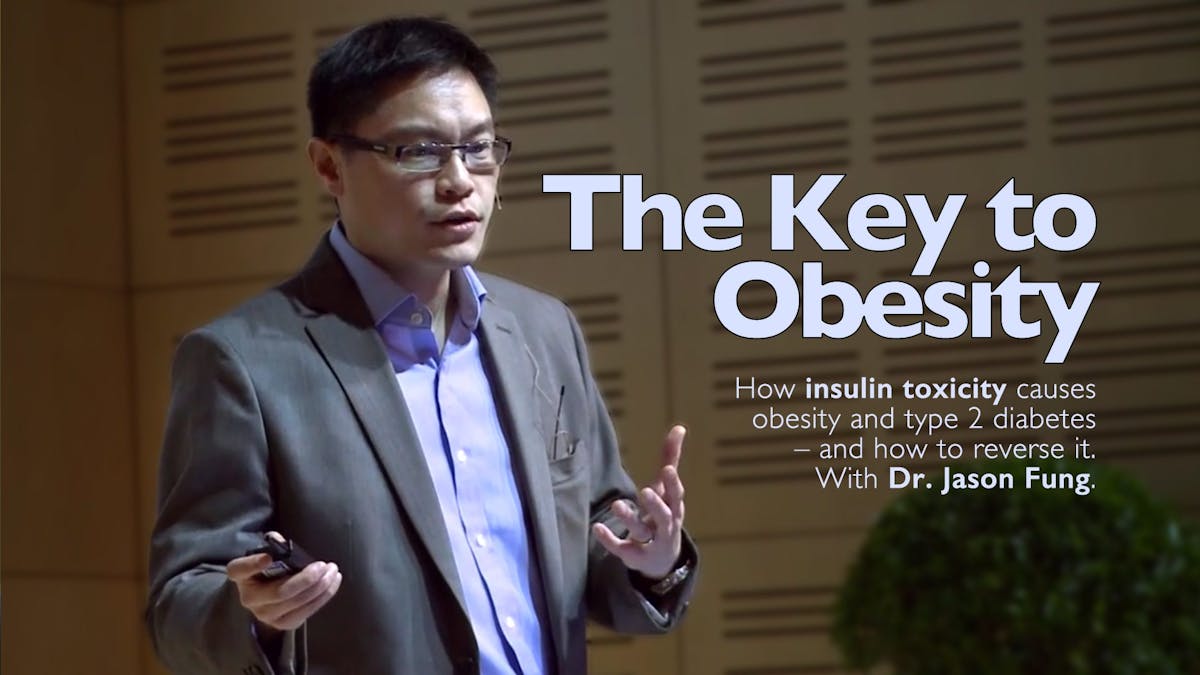

More with Dr. Fung
Dr. Fung has his own blog at intensivedietarymanagement.com. He is also active on Twitter.
His book The Obesity Code is available on Amazon.
